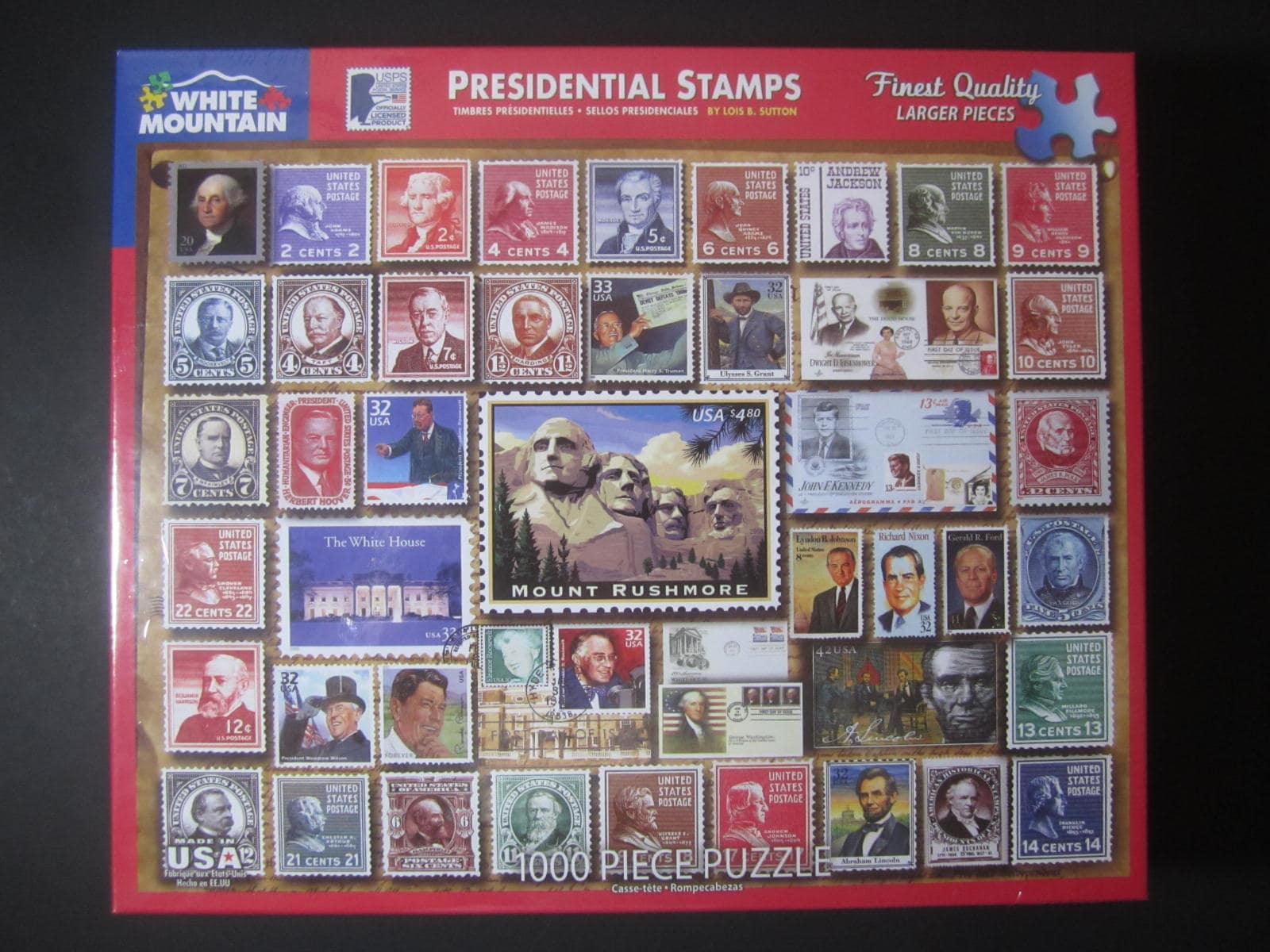Remember when
One of the things that comes up when you are “sitting around the water cooler” at work is the topic: “Do you remember when…?” Every one of us, who has worked a job, has those stories we tell about a coworker or a coworker never fails to tell about us. Looking back now they seem a little silly, but we probably didn’t think so when they were happening.
From one job to another, I have been told many times the same “Remember when…” story. Although the actual story is a little different from job to job, the beginning of the story always starts out the same. I’ve been at my current job for nineteen years, so I haven’t heard it in a long time. If someone were to bring up one of those stories to me today I’m sure I would crack a smile.
One time it happened when I was working at one of those large hardware stores. I had just been promoted to a department manager. Once a week we had a meeting with all the department managers and other managers in the store. On one particular week the store manager was out of town, so the assistant store manager took over the meeting. One of the items we were to discuss was an upcoming promotion and how we were going to promote it. It was decided that we would have donuts at the event. Everyone was all in agreement.
The next week, at the next meeting, the store manager was back. He asked what we decided about the upcoming event. The assistant store manager told him that we decided to have donuts. Somewhat shocked by the expense that would bring the store, he piped in, “Donuts? What do you mean donuts?” Then from the quiet section of the room, I blurted out, “Donuts. You know those little pastries with the holes in them?” Turning in disgust he replied, “I know what a donut is!” Everyone in the room busted out laughing. It was then he made the comment I had heard so many times after I had settled into a job. He said, “Do you remember when we use to think he was quiet?”
It was the War of 1812. Things weren’t going too well in the Northwest. General William Hull had just surrendered the vital outpost named Detroit. General James Winchester was named to replace him and was ordered to recapture Detroit. Winchester decided to defend Fort Defiance instead. With this move, and his unpopularity, he was replaced. His replacement would then have victories in Indiana, Ohio, and he would recapture Detroit.
One of the great battles of the War of 1812, the Battle of the Thames, would be one of his main victories. It was in that battle with the British that the great Indian chief Tecumseh would be killed. Secretary of War John Armstrong would eventually divide the Army of the Northwest and give him, the replacement, the lesser of the commands. Upset at this slight, the replacement would resign his command. Years later Congress would say Armstrong mistreated him and they would honor him with a gold medal.
After his General’s days he would become the Governor of the Indiana Territory. In this position he would negotiate treaties with different Indian tribes that would have terms that were very friendly to the United States at the expense of those Indians. President Monroe would also offer him the position of Secretary of War, which he would decline. He would also run a whiskey distillery, but would close it because he believed alcohol had a negative effect on people.
In 1837 the economy crashed and the Panic of 1837 was on. With his military record and the very poor shape of the economy he decided to run for President in 1840. At that time a candidate, even if they were very interested, did not campaign for President. An interested person would have other people do the campaigning for him. He would sit back and “humbly” announce that it was not a personal interest of his, but if the country called him to serve that’s exactly what he would be willing to do. Some credit him with changing all that by actively campaigning himself.
He was one of the Judges in the Old Testament. These Judges weren’t judges like we think of judges today. Although some did issue judgments and punishments, not all of them did. These Judges were more like defenders or leaders of the Israelites. Since the Twelve Tribes were only loosely held together at this time, these Judge’s stories usually pertained to the Tribe they came from.
The Philistines were not his favorite group of people. Besides, they were a constant enemy of the Israelites. He decided to get his revenge in a personal way. Without asking anyone for help, he thought the best way to do this was to marry a Philistine girl. His parents were pretty upset about this, but they went along with his plans. He planned a seven day feast to celebrate.
The Philistines were a little wary of him so they sent thirty people to hang out with him. I guess he must have been in a bragging mood and he made a bet with them that they couldn’t answer his riddle. He bet them thirty pieces of fine clothing. They tried to get his fiancé to get the answer from him. He was tough on this one. She pouted and cried for the seven days of the feast until he finally told her the answer. She told the thirty.
He was so mad that he went out and slayed thirty Philistines and stripped them of their clothing and brought that clothing back to them as payment. By the time he got back she had married his best man. When he came back again for her, her father told him that he wasn’t welcomed there. Again he got mad and captured 300 jackals and tied their tails together with torches. He lit the torches on their tails and sent them though the Philistine’s ripe fields of grain. It burned down all their grain fields. He then fled to a cave.
The Democrats in the Election of 1840 resorted to a little name calling. They called the Whig candidate, William Henry Harrison, “Granny Harrison” and “petticoat general.” Harrison, who was rather rich and had lived in very stylish homes since his birth was cast as someone who would rather sit in his log cabin sipping hard cider rather than running a country. Harrison had never lived in a log cabin. It was just the break Harrison needed, though. He turned that into his campaign theme. His campaign even handed out little bottles of hard cider that were log cabin shaped. He therefore got cast as the candidate of the “common man” since rich men didn’t live in log cabins. So the very rich aristocrat defeated the sitting President, Martin Van Buren, 234 electoral votes to 60 and he became the ninth President of the United States.
When the Philistines arrived in town the people got real scared. They went to the cave, where Samson was and asked him to give himself up. He agreed and said they could even tie him up before they handed him over. Samson was being handed over to the Philistines when he noticed a donkey’s jawbone on the ground. He broke loose, grabbed it, and killed all the Philistines who had come to take him away. His battles with the Philistines would go on for the rest of his life.
That quiet guy you see in the corner might be a little bit tougher than you ever imagined. A Presidential candidate can let you think what you want about him, if it helps to get him elected. It might not even be true. Sometimes a guy with a real attitude can stir up a lot of dust. Surprisingly, strength sometimes comes from the most unlikely of sources.
Prayer: Dear Mighty Father, Thank you for those times when I have surprised people with the talents you have hidden inside me. Please help me not to prejudge others because of the way they appear or the first impression they make. Let me realize there are talents that You give us all. Amen.



